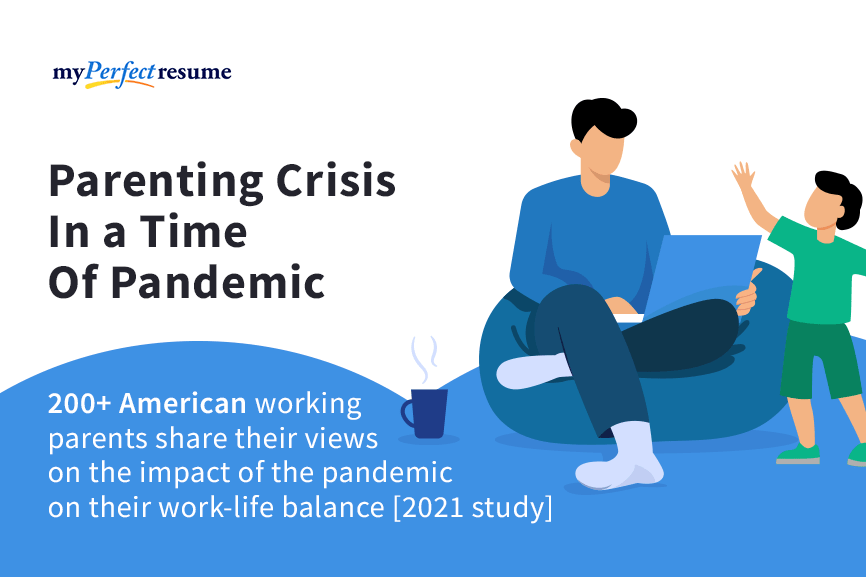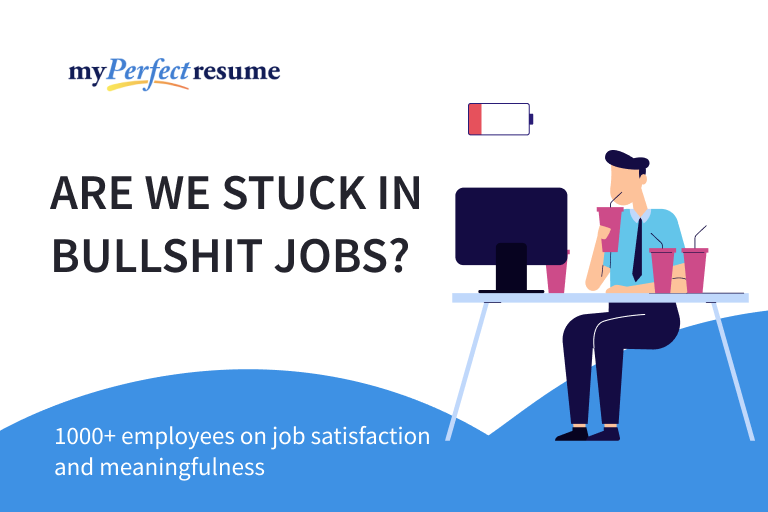Our customers have been hired at: *Foot Note
Getting a bad performance review from your boss is never easy. While it’s natural to feel defeated, embarrassed, and even angry when hearing negative feedback for the first time, this reality check is actually an opportunity in disguise. By identifying your faults and blinds spots, you can learn from your mistakes and become a better employee. In the long run, you may even surpass company all-stars!
This reality check is actually an opportunity in disguise.
After learning your performance is lacking, prepare to make an action plan and put in some old-fashioned hard work. Read on to gain insight and tips from four different managers who offer their advice on how to come back from a poor review like a champ.
Use the best resume examples as a guide to craft a compelling resume that impresses recruiters.
How To Recover From a Bad Performance Review
1. Keep your emotions out of it
Before your meeting, vow to leave your emotions at the door. Suzanne Wolke, Associate Integrated Marketing Manager for a major health-foods company, explains, “Always try to go into meetings with an open mind. This can help you view conversations with your manager as constructive feedback instead of the assumption that you’re in trouble.”
But this is easier said than done. No one likes to hear that they’re doing a subpar job. When your boss lays the news on you, it’s easy to feel upset, misunderstood, and angry. No matter what you are feeling, however, it is crucial to remain calm, listen to the feedback, and remember that no one is a perfect performer 100% of time. Keep in mind that you will gain nothing and stand to lose much more from lashing out or taking out your grief on the messenger.
“What I don’t want to see someone do after a bad review is get defensive and make excuses for why performance isn’t where it should be,” says Jillian Jones, manager of individual sales for an educational tours provider. “This indicates they don’t take responsibility and don’t think it is up to them or in their control to improve.”
2. Take notes
Bill Burt, Director of Sales and Marketing for an international pool parts developer and supplier, realizes it can be hard for people to keep cool when hearing a bad performance review. He offers the following suggestion to help you remain poised during the meeting: “Take notes so that you accurately capture the key points. This will give you more clarity to reflect on later as you develop a plan for improvement.”
3. Breathe
After the news sinks in, give yourself the chance to feel disappointed outside of the office. Try venting to a trusted friend who doesn’t work with you. Don’t feel like talking? Set time aside to reflect privately. Not only can feeling the sense of failure help you see what went wrong, but it also encourages you to do better and avoid making the same mistake next time.
After the news sinks in, give yourself the chance to feel disappointed outside of the office.
4. Get the full picture
Once you have had an opportunity to cool off and let the performance review marinate, you must be proactive in arranging a follow-up meeting with your manager. Your goal now is to gather as much information as possible and identify your blind spots. Approach your boss with questions and prepare to ask them in a calm, non-confrontational tone.
Feel free to ask as many questions as you need to get all the angles. If you received feedback that you aren’t taking the initiative, for instance, ask for an example of a time you could have stepped up but didn’t. The point is to get proof of specific changes you need to make and convey to your manager that you understand.
Shawn Jones, executive team leader for a major retailer, explains, “When I’m giving a review, and the employee doesn’t ask questions, that’s a sign of disengagement. It’s better for you to ask questions and get clear feedback.” During this meeting, Wolke adds, “This may also be a good time to ask your manager what you’re doing well. This can help clear up what portions of your work need improvement and which ones are functioning effectively.”
5. Make an action plan
Now that you have the information you need, it’s time to reach an agreement with your manager about how you will remedy the situation. Depending on what needs improvement, this may involve anything from reprioritizing tasks to improving communication or sharpening your skills. Determine an appropriate and realistic timeline in which you will implement these changes. Feel free to request periodic check-ins to ensure you are meeting expectations.
6. Improve workplace relationships
According to Shawn Jones, teamwork and interactions with other employees weigh heavily in a performance review. Although you are responsible for your reputation, your colleagues’ opinions do hold sway. If you have good relationships with your coworkers, your boss will know. Make an effort to be more responsible, communicative, and collaborative with your colleagues, especially if you scored low in these areas.
Being honest with your colleagues allows them to see the strides you are making and offer help along the way.
You should also tell your coworkers the specific changes you are working towards. Doing so promotes transparency and creates extra accountability. Being honest with your colleagues allows them to see the strides you are making and offer help along the way.
But there’s another benefit. Wolke adds that many of them have likely been through similar experiences and can share their tips for success. If they give you advice, then consider it.
7. Be diligent
Making personal and professional changes is difficult, but changing others’ opinions is even harder. Due to confirmation bias, people are more likely to observe things that verify their beliefs, rather than contradict them. If you have a reputation as the office hothead, for example, colleagues will still focus on the one time you get worked up in a meeting even if you’ve been controlling your temper for weeks. Stay the course and focus on the big picture.
8. Follow up
As you implement changes after a poor performance review, be sure to track your progress. Set aside time each day to evaluate your efforts. This will reassure you and help you avoid falling back into old habits. A month after the review, arrange a meeting with your manager to follow up on your progress. It’s better to ensure you are meeting goals and rebuilding trust with boss via periodic check-ins rather than waiting on pins and needles for your next annual review.
The best type of job is the kind that challenges you to become a better employee and person, even if it includes the occasional tough performance review. If you want to land a great gig, you first need a great resume. Check out MyPerfectResume’s easy-to-use resume builder and resume templates to craft a document that gets you the interview.
Make a resume with MyPerfectResume
Our Resume builder can help you write the perfect resume. Start Now!
Our customers have been hired at:*Foot Note











